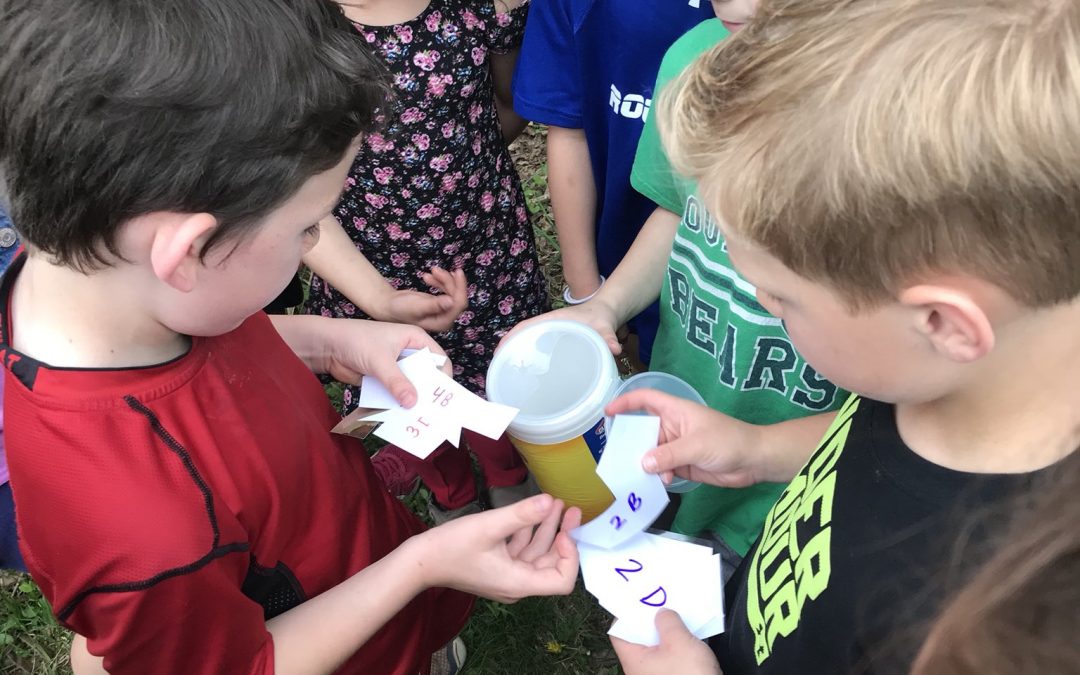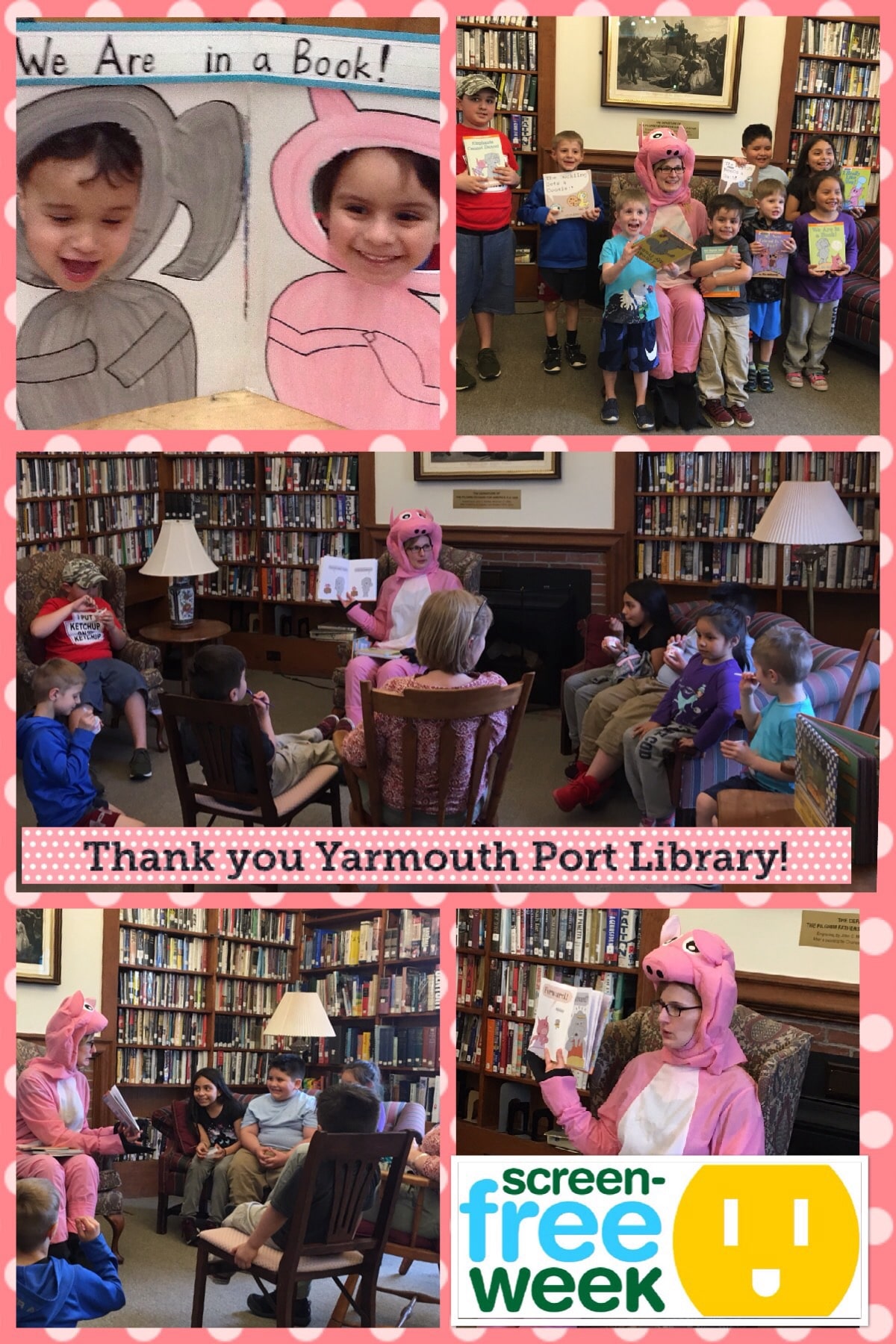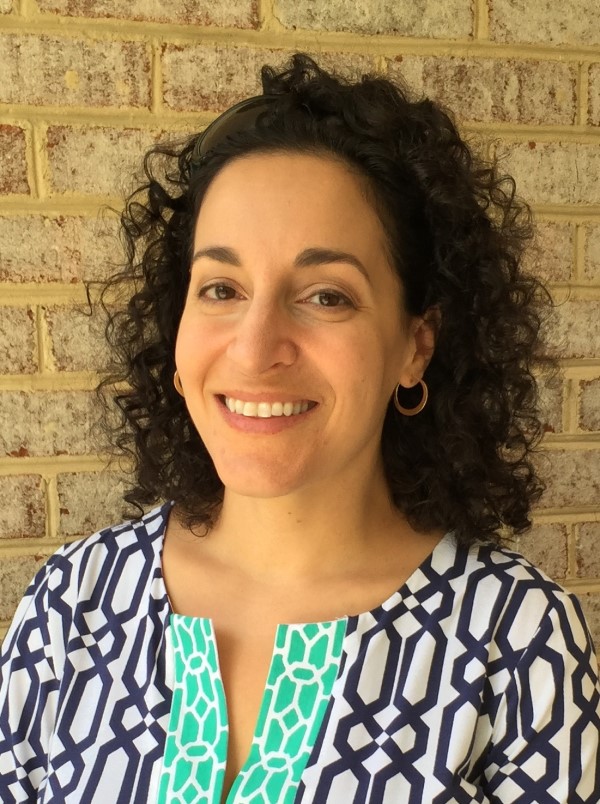
Screen-Free Week Brings Community Together in Round Hill, Virginia
When we think about Screen-Free Week, we tend to think of school and family celebrations. However, over the years, counties, towns, and neighborhoods have begun hosting Screen-Free Week celebrations of their own, whether to promote community wellness programming or to encourage residents to enjoy the outdoors; but as we’ve learned, the main purpose is bringing residents closer together while doing something fun. (For inspiration, check out 2018 community celebrations in Charlotte County, FL, Nevada County, CA, and Des Plaines, IL.)
The town of Round Hill, VA organized and celebrated its first Screen-Free Week in 2018. We were delighted to hear from resident Anastasia Campbell, Esq., that it was a real winner!
It was spring 2018, and the tiny town of Round Hill in the Blue Ridge Mountains of Virginia was gearing up for Screen-Free Week. A small town that’s more than 100 years old, Round Hill is home to many communities and neighborhoods, all built at different times: some Round Hill homes are over 100 years old, some were built in the 60s, some in the 90s, and clusters of new neighborhoods were added recently.
All it took for us to organize a Screen-Free Week event was one fearless parent, a few committed town citizens, an open-minded elementary school principal, and a fantastic town planner. These amazing people pulled off a campaign to trade screen life for real life for an entire week.
We posted signs advertising our town-wide Screen-Free Week around town, and we used the town’s and community’s social media for screen-free advocacy and encouragement.
But the most important and challenging part of it all was getting the youngest generation, our children, to give up screens for more meaningful ways to spend time with family, ideally outdoors.
One fearless parent, Kathi Hottinger, met with Andrew Davis, the principal of Round Hill Elementary (a school of about 600 students), and together they agreed on some important details for the school’s celebration of Screen-Free Week:
- Students would bring home a flyer from school on the first day of Screen-Free Week listing 100 fun screen-free activities to do as a family.
- Students would be allowed to complete their homework without screens during Screen-Free Week.
- Upon the successful completion of Screen-Free Week, students would enjoy an outdoors nature-oriented scavenger hunt at school.
With these details in place, the very first Round Hill Screen-Free Week began, and succeeded in bringing kids and families out of their homes and into the outdoors.
It went great, but it was not perfect. Some parents and kids still had screens and some teachers still assigned screen homework (just for one day).
Hiccups happen.
But the amount of fun our Round Hill families had was well worth all the effort: parents, kids, and neighbors really connected through hikes, playing games, or hanging outdoors and soaking up the sun. Sean Lloyd, a resident of Round Hill, organized a community hike at the nearby Appalachian Trail, a national treasure, which some Round Hill residents had yet to discover. Melissa Hynes, Round Hill’s town planner, found funding to purchase some native plants for Round Hill Town Park that would attract native wildlife and provide educational opportunities for kids. She organized a town-wide event where residents planted a pollinator garden with help from local scout troops.
And the students had a grand school scavenger hunt outdoors on Friday, with every grade taking a turn while two parent volunteers reshuffled and re-positioned the scavenger hunt items for the next group of students.
Round Hill’s Screen-Free Week proved how great it feels to celebrate life away from screens and in the great outdoors.
Screen-Free Week is a great way for a community to organize a variety of different outdoor events that bring families and neighbors together. As we learned, it can and should be done if we want to pass on to our children the value of reality, the value of neighbors, friends, and togetherness, and the value of real life experience without the distraction of a screen.







